Posted on 7/28/2021
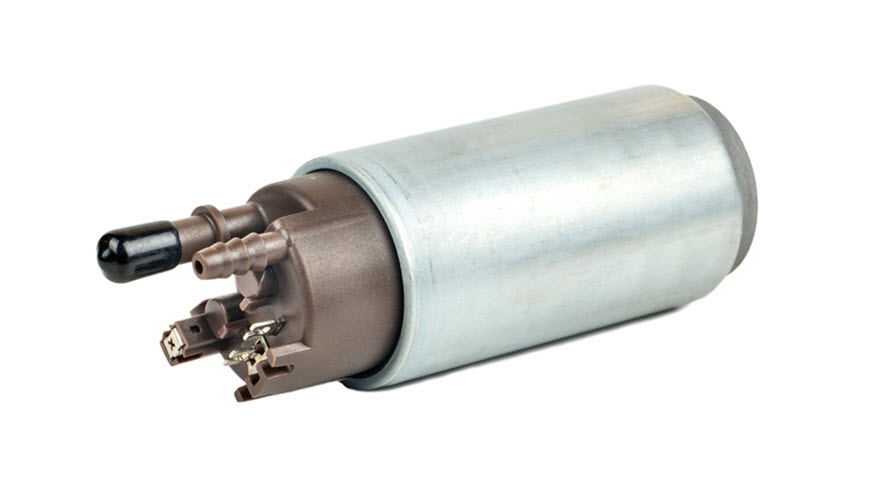
The Land Rover is a high-end sports utility vehicle known for its sophisticated design and driving technology. An all-terrain vehicle, Land Rover drivers expect a high level of performance when driving their cars. However, like any type of car, Land Rovers can experience detrimental problems. One of these includes fuel pump failure. The Fuel Pump The fuel pump is a very important part of your Land Rover. Its function is to ensure that gasoline is moved from the fuel tank to the car’s engine. Without a functioning fuel pump, your Land Rover won’t be able to operate properly. To avoid getting stranded on the road, it’s important to know the signs of a bad fuel pump and get your Land Rover checked out. Symptoms Of A Failed ... read more
Posted on 7/6/2021

The Mercedes is one of the most luxurious and comfortable vehicles on the road. A major reason for their success is the seamless manner in which they can handle multiple conditions on the road. A contributing factor to this comfort lies in the collaborative function of both the suspension system and the front-end steering system. The front-end steering system functions to ensure the driver's overall safety and ultimate comfort. The reason behind this is its connection to the chassis and suspension. The collaboration between these systems and parts plays a huge role in making the driving experience so comfortable. Functions of Front End Steering The front-end steering system in your Mercedes consists of various components that are connected and tightly secured to allow for fully responsive steering. Some of the connected components include tie rod ... read more
Posted on 6/17/2021
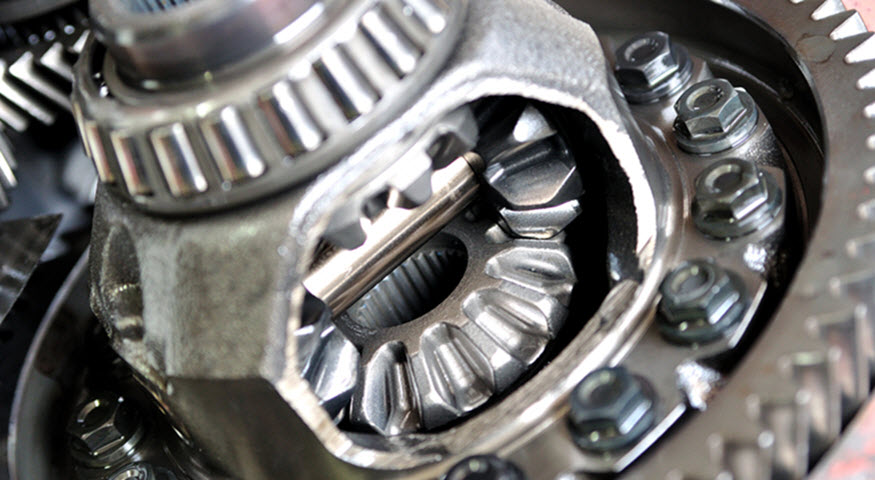
Jaguars are highly sophisticated and sleek vehicles. Known for their unique style and advanced engineering, Jaguars dominate the European car scene. The car has historically been and remains a choice in car brands among celebrities and wealthy individuals. To maintain your Jaguar at its top condition, it is important to treat your Jaguar with extra care, as repairs & replacements can be expensive due to the popularity and brand recognition of the vehicle. Completing regular maintenance and repairs is the best way to maintain your Jaguar’s appearance, components, and performance. Yet, even while performing these routine checkups, a Jaguar’s complex systems can malfunction. One typical problem Jaguar owners face is issues with their vehicle’s differential. The Diffe ... read more
Posted on 5/26/2021
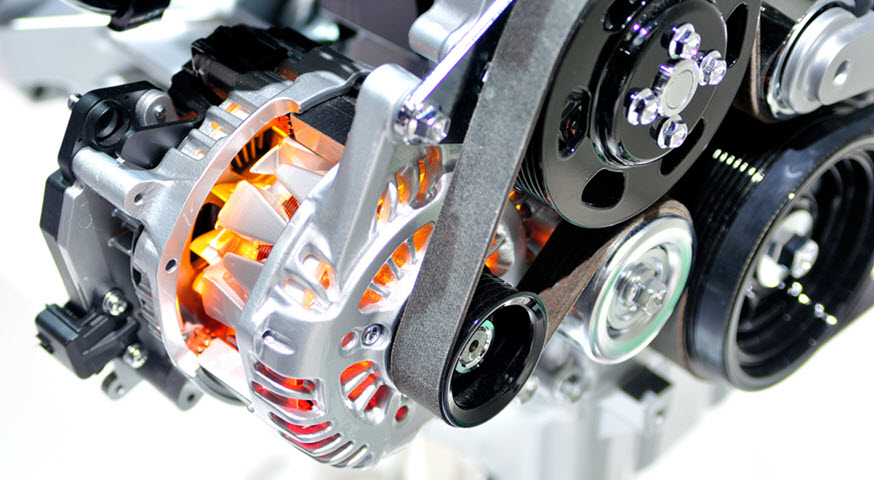
Watch for These 6 Signs of a Bad BMW Alternator in St. Mary With their sleek designs, sophisticated interior, and high-quality parts, BMW’s are a true icon of the roadways. Unfortunately, they still experience their share of problems from time to time, and failing parts can be expensive to replace. One of such parts is your BMW’s alternator. Let’s discuss the purpose of the alternator in your BMW, point out warning signs that your alternator is failing, and discuss where to go to repair or replace your alternator. Purpose of the Alternator The alternator provides your car with electricity and helps recharge the battery. Your car’s alternator produces electricity with the help of the engine. Alternators are driven by the engine’s crankshaft via a serpentine belt. This mechanical energy created by the belt ... read more
Posted on 5/11/2021
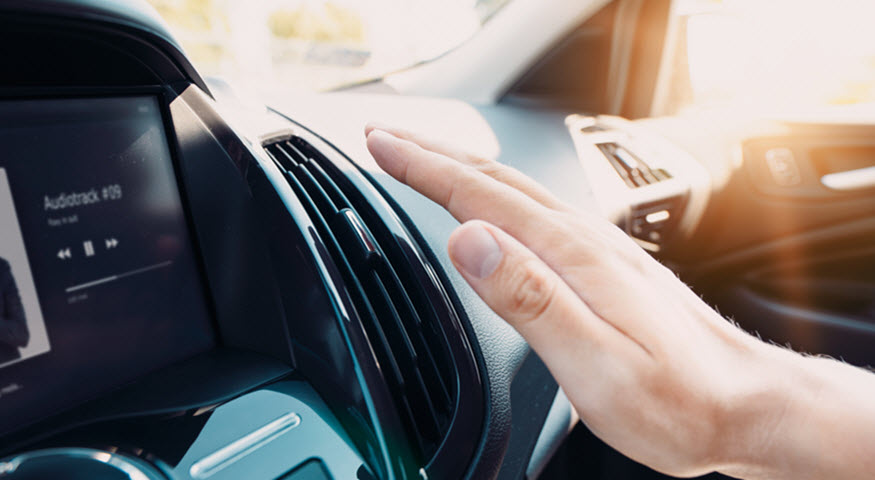
Top Reasons Why Your Fiat’s Air Conditioner Might Be Blowing Hot Air When the summer months start to bring their full force of heat, you want to make sure your air conditioner is blowing cool breeze to keep you comfortable while driving around. When the air conditioner stops working and starts blowing hot air at you, this can be troubling and uncomfortable. There are several reasons why your Fiat’s air conditioner might be blowing hot air, and you, as the car owner, must recognize when this occurs to keep your Fiat running smoothly. Why does the air conditioner blow hot air? For the air conditioner in your Fiat to work well, it needs to receive refrigerant. This is like fuel for the air conditioner. It cools down the air at your command. When it works well, the refrigerant will pass over to the ... read more
Posted on 4/19/2021

The Best Repair Shop in St. Marys for Fixing Gear Selector Issues in a Mercedes Part of ensuring that your Mercedes remains in optimal condition is by keeping up with a regular maintenance schedule. This way, all parts are routinely checked. Even when you do this, there can still be times when additional parts require maintenance. One such part for you to keep an eye on is the gear selector. Continue reading to learn more about the gear selector function, causes of gear selector issues, signs of gear selector issues, and the best repair shop to go to for fixing the issue. The Function of the Gear Selector The gear selector is part of the transmission system, which is in charge of controlling the overall movement of the Mercedes. The gear selector is the part of the transmission system, which is responsible for smoothly selecting and changing gear ... read more
Posted on 4/6/2021
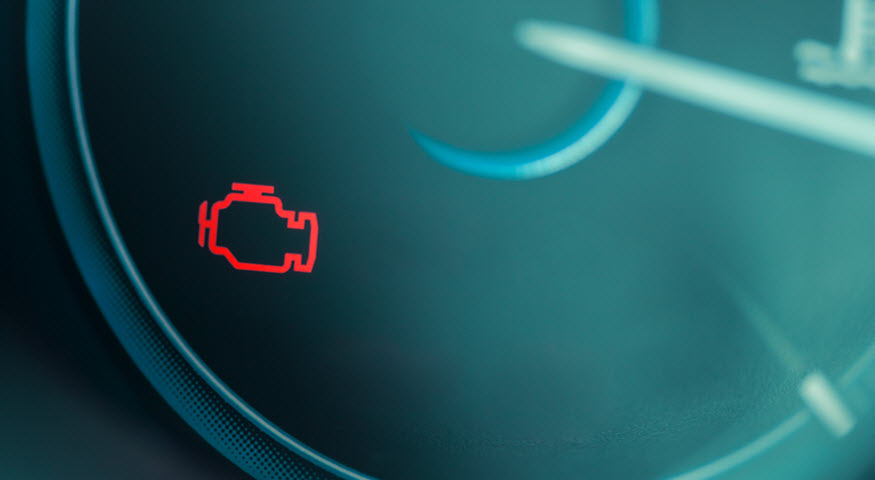
Reasons for Illumination of the Check Engine Light in Your Audi From Your Expert Mechanics in St. Marys Owners of Audi vehicles know that their vehicle is not only safe and reliable, but it is unique with features that were designed to enhance the driving experience. The best way to keep an Audi vehicle in optimal condition is to keep and follow a regular maintenance schedule. Even with this schedule in place, there are times when other parts need servicing. The way you are alerted to these parts is through the check engine light. Continue reading to learn more about the function of the check engine light, the reasons behind its illumination, and where to go to have the issues addressed. The Purpose of the Check Engine Light The check engine light is one of the most important lights on the dashboard and is responsible for alerting the driver o ... read more
Posted on 3/23/2021
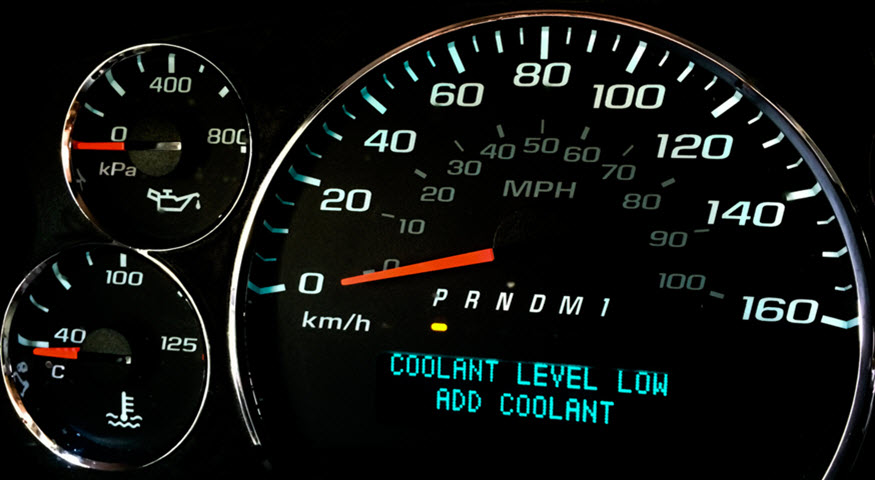
How to Deal With Coolant Leaks in Your BMW Your BMW is a luxury vehicle that you depend on to deliver high levels of performance and comfort. Problems like a coolant leak may come out of nowhere and leave your car unable to operate at its best. So, what do you do when you’ve got a coolant leak in your BMW? First, you’ll need to be able identify the leak, then diagnose its source, and then finally get it fixed. This article is going to cover all of these topics. But first, let’s get a basic understanding of what coolant does for your vehicle What Coolant Does for your BMWCoolant, like the oil in your car, is absolutely critical to your BMW’s functioning. Coolant keeps the engine within a healthy temperature range to avoid overheating ... read more
Posted on 3/17/2021
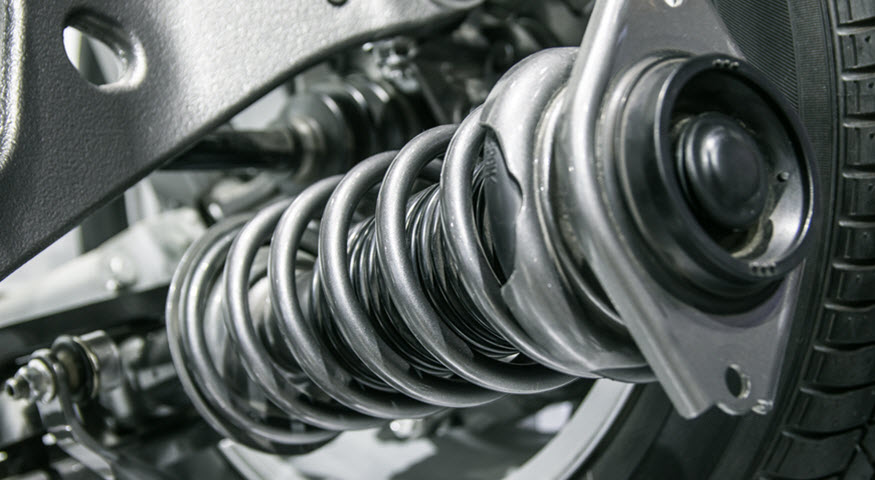
Your Volkswagen comes equipped with a state of the art suspension system. However, recent recalls over suspension concerns makes it doubly important to pay attention to the quality of your Volkswagen’s ride. This article is going to cover some of the most common signs that your Volkswagen has issues with the suspension. Keep an eye out for these warnings signs so you can get the problem addressed as soon as possible. Abnormally Bumpy Ride Chances are that you bought your Volkswagen for its smooth ride. So if you notice that you’re feeling every bump in the road as you drive, you may be experiencing issues with your Volkswagen’s suspension system. This occurs when the shocks or struts in your car are worn down and in need of replacement. One helpful way to determine the status of yo ... read more
Posted on 2/24/2015
Keep your car clean. Mud on the undercarriage can weigh a significant amount and slow you down. Consolidate your daily trips and errands. This will also save you the cost of restarting your engine, which uses a lot of gas. Don’t throttle the gas or brake pedal! Sudden starts or stops use more gas than gradual changes in speed. Don’t idle for too long. Turn off the engine if you anticipate a lengthy wait. Limit car warm-ups in winter Clear out the trunk. More weight equals more drag. Avoid high speeds. We know this is almost impossible to resist but you can improve your gas mileage by up to 15 percent driving at 55 mph rather than 65 mph. Use overdrive. If your car is equipped with overdrive gearing use it as soon as your speed is high enough. Use cruise control. Maintaining a constant speed is ideal for improving your gas mileage